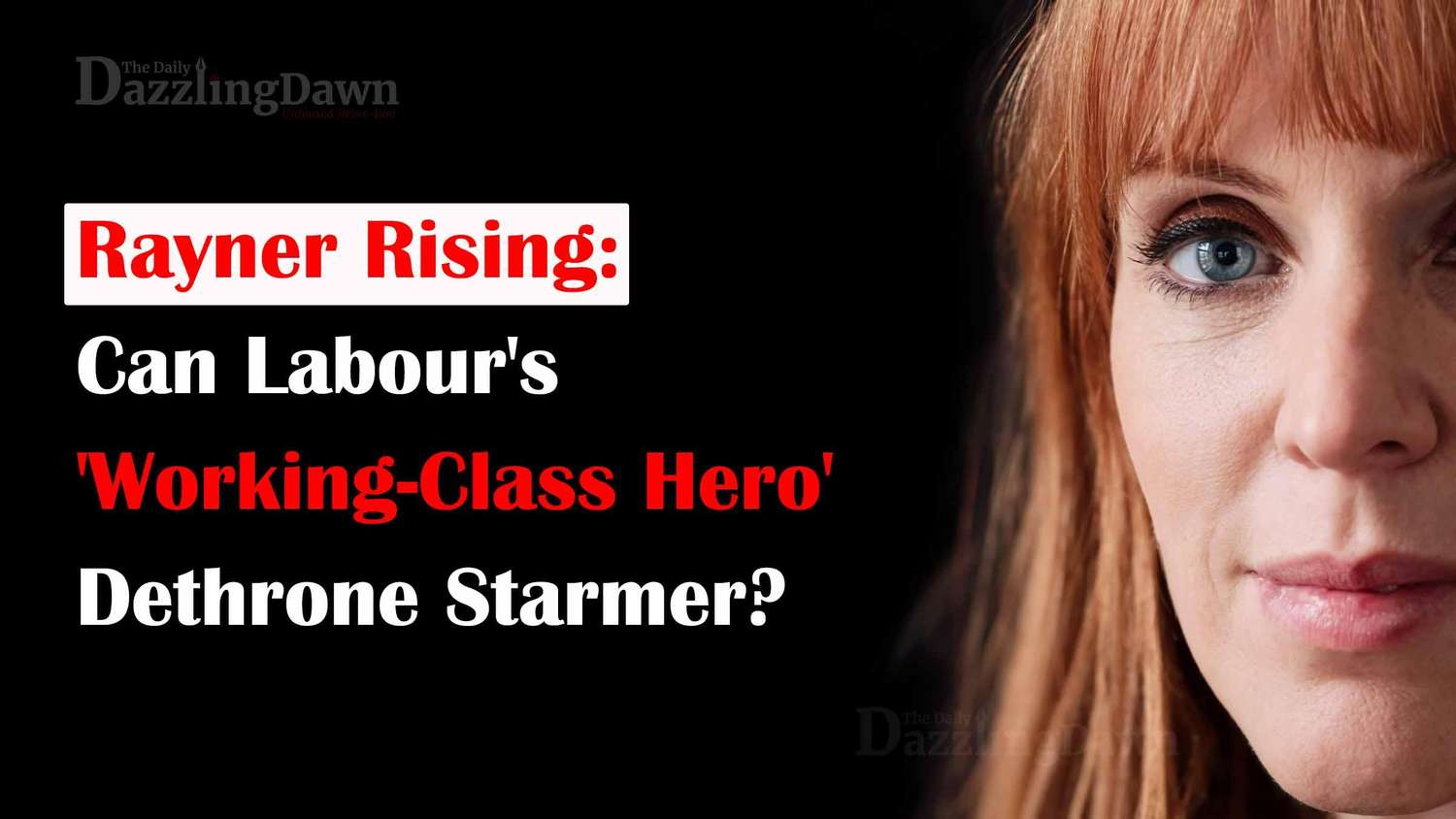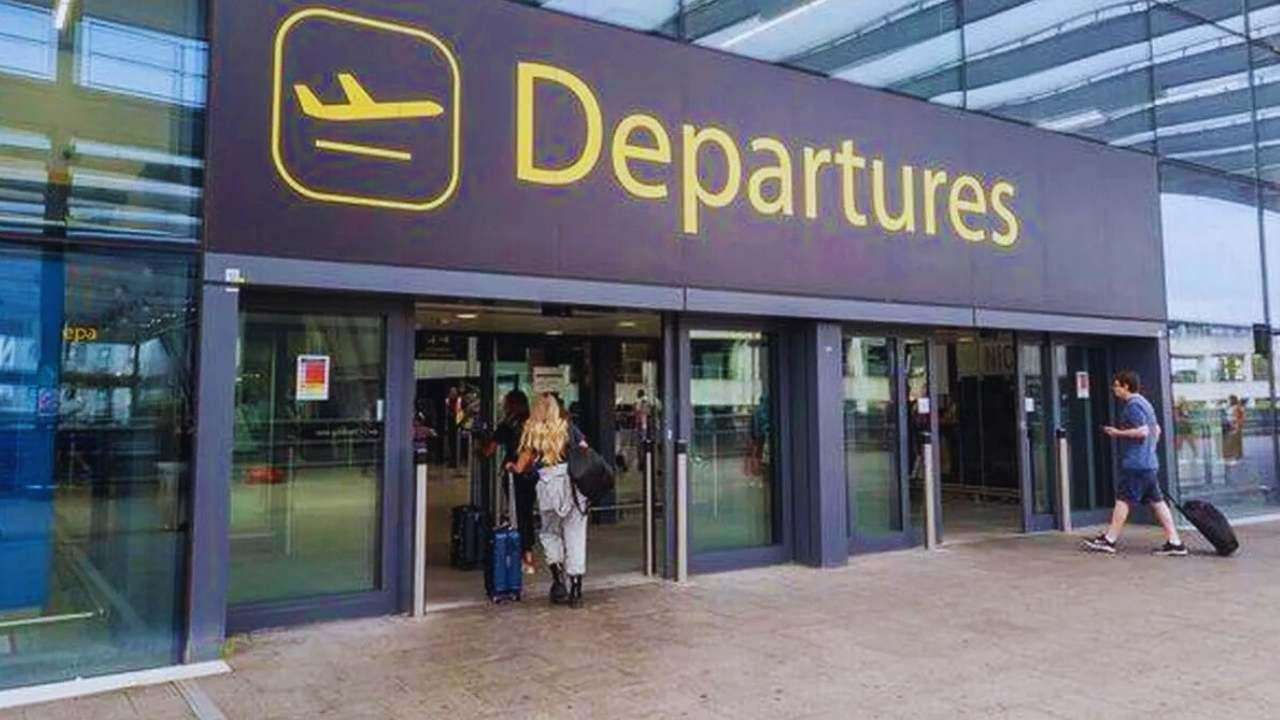The UK's job market faces a fresh wave of uncertainty as new research indicates that a significant number of businesses are planning further job cuts in the wake of the National Insurance Contributions (NICs) increases introduced in April. According to a sentiment survey by S&W, approximately one-third of business owners (33%) are now contemplating additional redundancies, with a worrying 20% already having reduced their staff numbers as a direct consequence of the tax changes.
The findings paint a grim picture for employment across the country, suggesting that thousands of jobs could be at risk as companies grapple with mounting operational costs. The S&W survey, which polled 500 UK business owners with turnovers exceeding £5 million, highlights a cascade of measures firms are considering to offset the increased tax burden. Beyond job cuts, businesses are looking to reduce staff hours (35%), freeze pay (29%), and hike prices (46%) to absorb the additional outgoings.
The latest blow to businesses comes after Chancellor Rachel Reeves announced in her autumn budget last year that employers' NICs would rise from 13.8% to 15%, alongside an increase in the threshold at which firms begin paying. This increase coincided with a jump in the national living wage and reduced business rates relief for some companies, creating a "powder keg of costs" for many.
Claire Burden, partner in consulting at S&W, commented on the difficult decisions facing business owners: “Businesses face considerable challenges in the current economic climate and many owners are having to make difficult decisions to stay afloat. Given that salaries represent a considerable proportion of the overall cost base for most businesses, it is to be expected that many are looking closely at headcounts in response to the increased national insurance costs.”
Alex Simpson, partner in employer solutions at S&W, added: “For most businesses, the extent of the employers’ NIC change was a surprise. We anticipated an increase in the employers’ rate, but the additional reduction to the earnings threshold was not expected and is expected to have a dramatic impact over time.”
The survey's findings reinforce broader concerns about the UK's economic health, with firms also citing higher commodity and energy costs, alongside ongoing macroeconomic uncertainty. Earlier this month, estimates from the Office for National Statistics (ONS) indicated that payrolled employees in the UK fell by 109,000 in May 2025, a 0.4% monthly decline, bringing total payrolled employment down to 30.2 million. The unemployment rate also climbed to 4.6% in the February to April 2025 period. While the ONS noted that these figures were estimated earlier than usual, the trend points to a tightening labour market.
In response to the S&W report, a Government spokesman asserted its pro-business stance: “We are a pro-business government. We are protecting the smallest businesses from the employer national insurance rise, shielding 250,000 retail, hospitality and leisure business properties from paying full business rates and have capped corporation tax. We delivered a once-in-a-Parliament budget last year that took necessary decisions on tax to stabilise the public finances, including the NHS which has now seen waiting lists fall five months in a row. We are now focused on creating opportunities for businesses to compete and access the finance they need to scale, export and break into new markets.”
However, for many businesses, particularly small and medium-sized enterprises (SMEs), the current reality is one of increasing financial pressure. The interplay of higher payroll taxes, rising wages, and other operating expenses is forcing companies to re-evaluate their staffing levels and overall cost structures. The prospect of further job cuts, as indicated by this new research, underscores the urgent need for robust measures to support businesses and safeguard employment in a challenging economic climate.








.svg)



